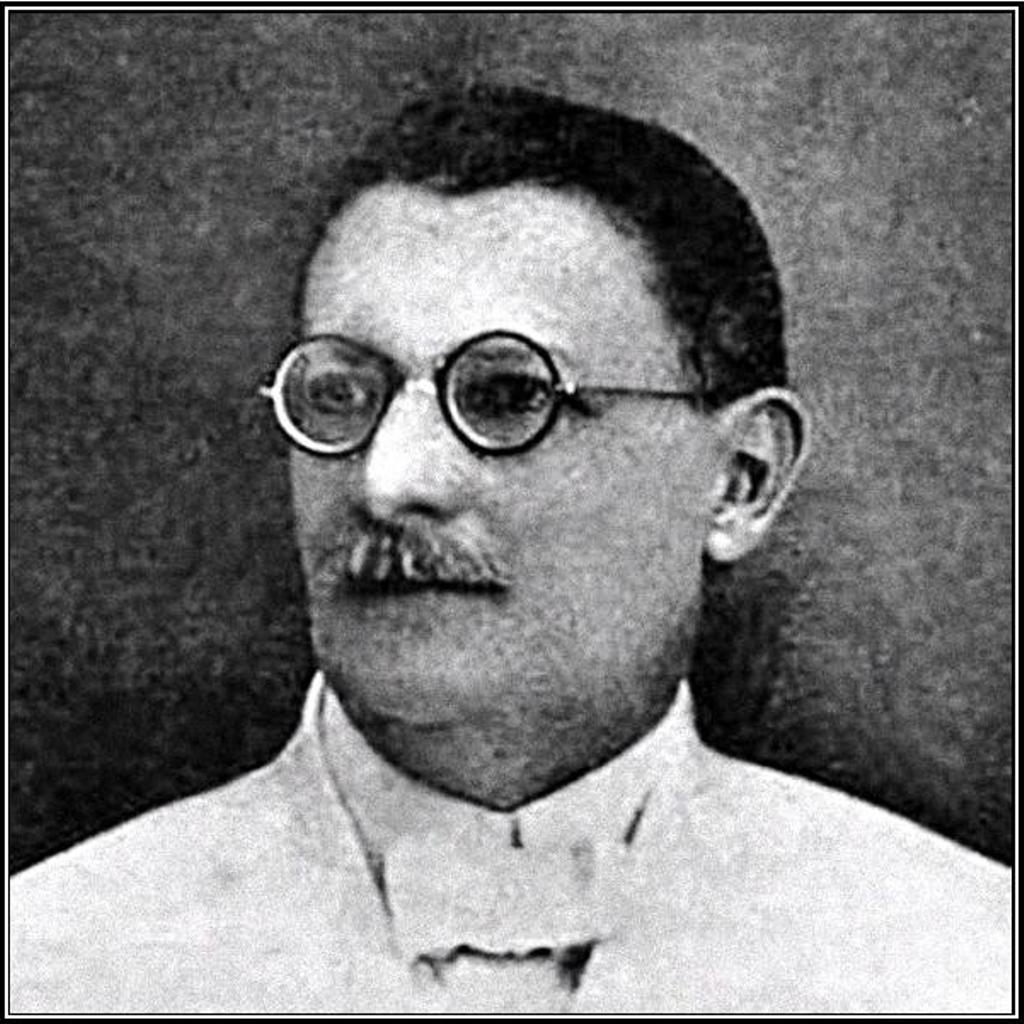3.1.3 The poetic work of Bonifacio Byrne (1861-1936)

Cuban modernism, although it was centered around the leading figures of José Martí and Julián del Casal, also included other practitioners who were not mere followers of these great poets. Among them, Bonifacio Byrne is one of the voices that achieved his own register within the modernist metaphorical universe and transcended the fin-de-siècle period.
He received most of his training as a poet in his hometown of Matanzas, where he was a regular member of the Literary Circle and founded the newspapers “La Mañana” and “La juventud liberal.” He published several romantic poems; his first collection of poems, entitled “Excéntricos,” was published in 1893.
This collection of poems is already part of modernism, although not within a Parnassian aesthetic, as it prioritizes experimentation over the attempt to establish a finished artistic model. The text features a sense of humor unusual in the poetry of this period, which leans more toward the tragic.
Already in this collection of poems and in other later ones developed during his life as an emigrant, a profound patriotism emerges that would incline him toward epic poetry and epic poetry, beyond the boundaries of modernism. His work “Efigies” (Effigies), published in 1897, dates from this period; the proceeds from the sale of copies were donated to the 1895 war. Many scholars consider him “the quintessential war poet.”
Among the poems of this kind are the sonnets dedicated to Céspedes, Ignacio Agramonte, Máximo Gómez, Martí and Los Maceo and of course, “My Flag” already in the republican era:
“Returning from distant shores,
with a mournful and gloomy soul,
I eagerly searched for my flag
And I’ve seen another one besides mine!
Where is my Cuban flag,
the most beautiful flag that exists?
From the ship I saw her this morning,
and I have never seen a sadder thing!…
(…)
If broken into small pieces
will become my flag one day…
Our dead raising their arms
They will still know how to defend it!…”
His political work in exile included the founding of a revolutionary club in Tampa; he worked as a cigar-shop reader, an important profession that connected culture with the working class and provided a space for instilling political and literary knowledge. He also dabbled in journalism, always linking literature to the highest goal of Cuban freedom. In this regard, he published texts in “Patria,” “El Porvenir,” and “El Expedicionario,” among other media outlets.
After the establishment of the Republic, he continued his literary career, for which he won various awards in the country’s provinces, such as Sancti Spiritus and his native Matanzas. He wrote several plays and continued his intense journalistic work, contributing to publications such as La Primavera, El Ateneo, Diario de Matanzas, El Fígaro, and La Discusión, and founded the newspaper El Yucayo. From a political perspective, his patriotism evolved toward a lucid anti-imperialism. For the poem “Mi bandera” alone, he deserves to be included in Cuban poetry.








